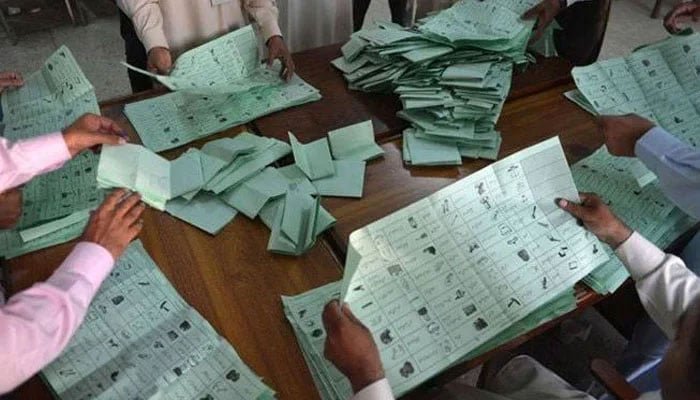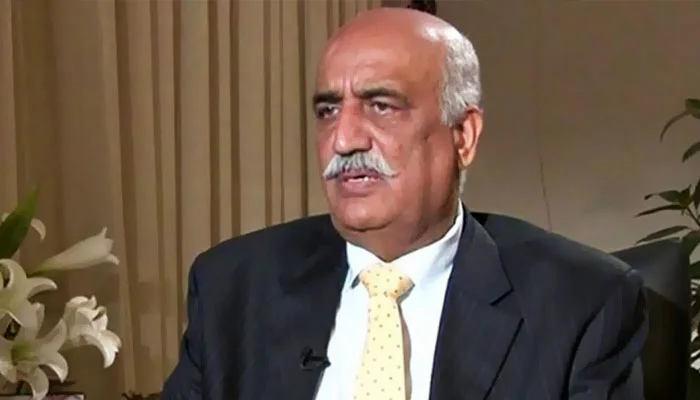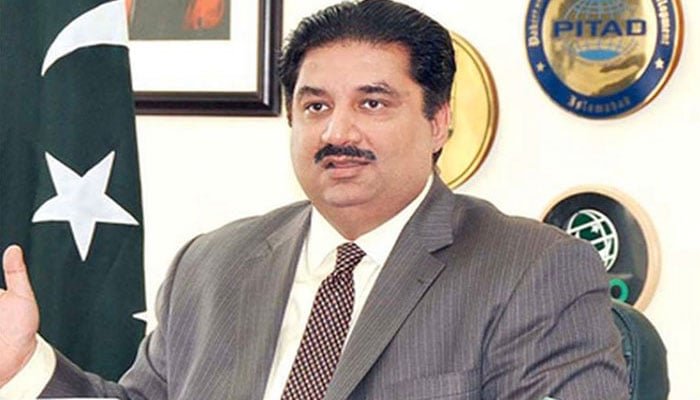Ishaq Dar, a leader of the Pakistan Muslim League-Nawaz (PML-N) and former Finance Minister, has urged that past mistakes and wrongdoings should now be rectified. His comments were made during a session of the Senate, where he expressed the need to address issues that were marred by controversy in the past.
Dar asserted that many decisions in the past were influenced by political vengeance, and it is now time to set things right. He acknowledged that a number of contentious issues need to be addressed and rectified, with the intent of moving forward and resolving lingering disputes.
Among the issues highlighted by Ishaq Dar, the Panama Papers case stands out as a significant point of contention. The Panama Papers leak in 2016 implicated several prominent figures worldwide, revealing offshore accounts and assets. In Pakistan, the case revolved around allegations of financial impropriety against former Prime Minister Nawaz Sharif and his family, including Ishaq Dar. The Supreme Court of Pakistan, in a landmark decision in July 2017, disqualified Nawaz Sharif from office.
Ishaq Dar’s remarks appear to be a call for revisiting the Panama Papers case and addressing the controversies and grievances associated with it. His assertion that his name was not directly linked to Panama but admitted to not filing a tax return added an interesting dimension to the ongoing debate about transparency and accountability in Pakistan’s political landscape.
The Panama Papers case had far-reaching implications in Pakistan’s political arena, leading to significant developments and debates. It exposed offshore companies and assets allegedly owned by the Sharif family, leading to questions about their origin and legality. The case ultimately led to the disqualification of Nawaz Sharif as Prime Minister and his subsequent legal battles.
Ishaq Dar’s call for rectifying past mistakes might be seen as an attempt to address the consequences and controversies surrounding this landmark case. It is also a reminder that accountability and transparency should be upheld, even as political landscapes evolve.
Reopening or reevaluating the Panama Papers case would undoubtedly be a complex and contentious process. It would require a comprehensive and impartial investigation to assess the evidence, address the legal aspects, and arrive at a just conclusion. The case had stirred political polarization in the past, and any attempts to revisit it would likely face similar challenges.
Furthermore, Ishaq Dar’s comments also touch upon the broader issue of tax compliance and financial transparency. His acknowledgment that he had not filed a tax return at some point in his life raises questions about the broader culture of tax evasion and financial opacity. In many countries, ensuring that public figures and officials meet their tax obligations and maintain financial transparency is of paramount importance.
Ishaq Dar’s call for rectifying past mistakes, especially in the context of the Panama Papers case, highlights the need for addressing lingering controversies and ensuring accountability in Pakistan’s political landscape. Revisiting such high-profile cases is a complex and sensitive matter, but it underscores the broader principles of transparency, accountability, and adherence to the rule of law. Regardless of the outcome, the discussions sparked by Dar’s comments shed light on the ongoing challenges and debates in Pakistan’s political and legal spheres



